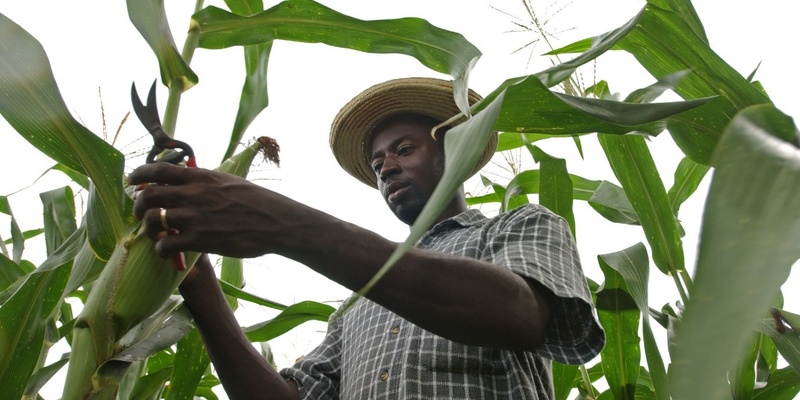Recommendations for the Phytosanitary Capacity Evaluation project
Posted on Mon, 29 Nov 2021, 12:38

Credit: FAO/ Giuseppe Bizzarri
Rome, 26 November 2021. The Phytosanitary Capacity Evaluation (PCE) is a capacity development tool designed to help countries improvee their national phytosanitary systems. Over the last twenty years, the PCE has been implemented in more than 70 countries thanks to a solid pool of well-trained facilitators. More recently, Bahamas, Dominica, Fiji, Mongolia, Saint Lucia, Nepal, Trinidad and Tobago, Sri Lanka, and Sierra Leone have also started implementing the PCE in their territories, but there are many other countries requesting IPPC Secretariat’s support to conduct their national phytosanitary capacity evaluations.
Between April 2014 and December 2017, the Standard and Trade Development Facility (STDF) supported the project “Training of Phytosanitary Capacity Evaluation Facilitators” with the aim to establish a pool of individuals trained to use the PCE tool and to facilitate phytosanitary assessments and action planning processes in developing countries. The PCE tool is flexible enough to take into account national and regional specificities, either legal or technical. Thus, the support of PCE facilitators is crucial to improve coordination and coherence of plant protection programmes at the regional and national levels.
The STDF-funded project aimed not only to reinforce technical knowledge, but also to ensure trainees fully understand and master the complex methodological tools and processes of the PCE. In 2020, the project was selected for an ex-post evaluation by the STDF Secretariat whose results now serve as the basis for a possible update of the PCE strategy 2020-2030, which will be discussed at the November meeting of the Implementation and Capacity Development Committee.
Through desk studies, semi-structured interviews and email questionnaires, the evaluation collected information on the project from both participants and stakeholders interested in the project and its outcomes. The analysis provides several recommendations to enhance the sustainability of the project outputs in the future, and to promote the use of PCE and its benefits among contracting parties, donor organizations and capacity development providers.
Developing a revised PCE strategy that will outline the evolution of the PCE and organising training partnerships between technical experts in the IPPC community are just some of the recommendations of the analysis. The evaluation also highlights that the PCE is an objective and consistent process to assess and measure phytosanitary capacities at the national level. If repeated periodically, it can also contribute to measure changes in the capacity and capability of national phytosanitary systems over time.

